Zientzia hedabideetan
-
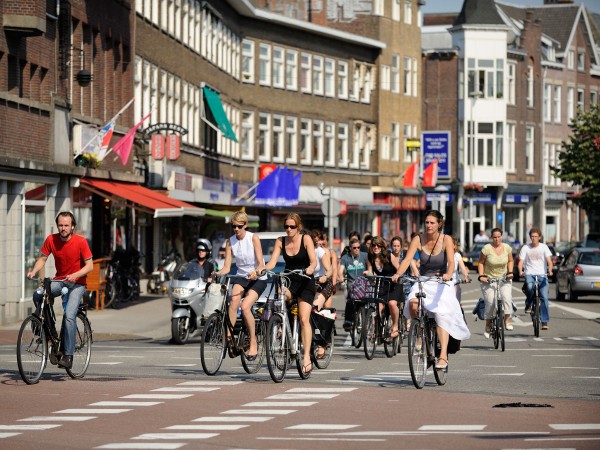
Did natural selection make the Dutch the tallest people on the planet?
Insecure about your height? You may want to avoid this tiny country by the North Sea, whose population has gained an impressive 20 centimeters in the past 150 years and […]
-
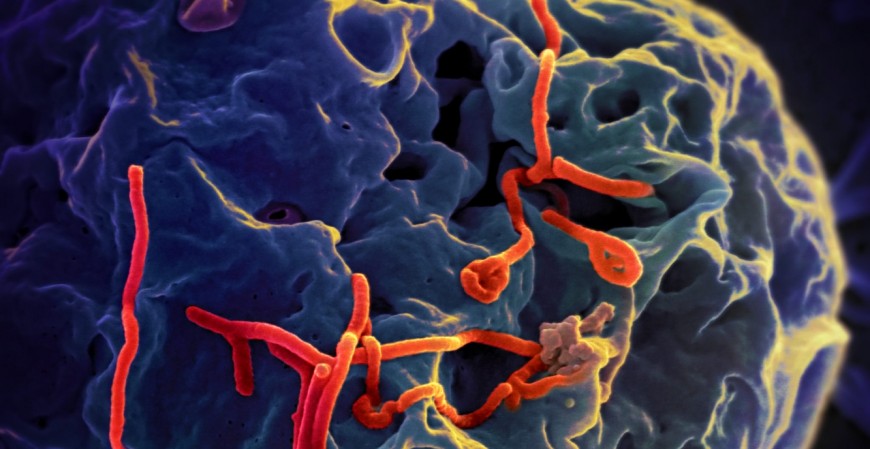
Por qué las flores son más “oscuras” cerca del ecuador
Un estudio muestra que la pigmentación de las flores tiene un papel determinante en la resistencia del polen a la radiación ultravioleta. El descubrimiento explica en parte por qué cuanto […]
-
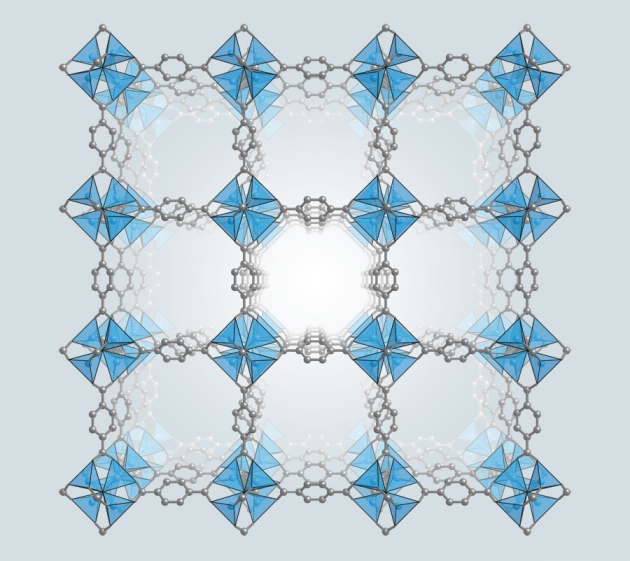
Materials science: The hole story
The crystals are metal–organic frameworks (MOFs), molecular scaffolds made up of metal-containing nodes linked by carbon-based struts . The resulting pores are ideal for trapping guest molecules and, in some […]
-
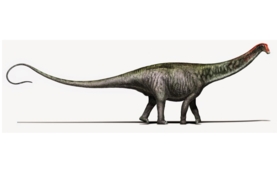
The Brontosaurus Is Back
Decades after scientists decided that the famed dinosaur never actually existed, new research says the opposite
-
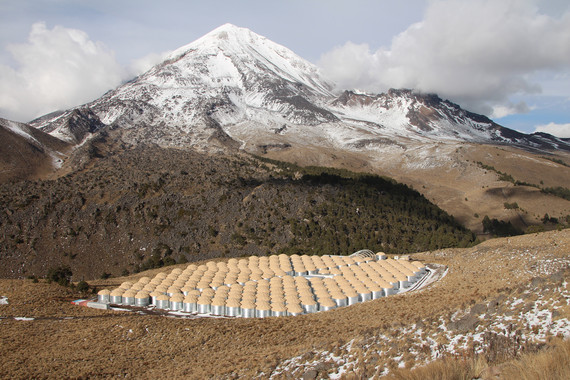
300 detectores registran los rayos gamma desde un volcán mexicano
Parece un campamento militar con tiendas de campaña plateadas, pero en realidad es el nuevo Observatorio de Rayos Gamma HAWC, situdado en las laderas del volcán Sierra Negra, en Puebla […]
-

Viruses Help Microbial Hosts Cope with Life at the Extremes
A new study reveals that viruses lend a surprisingly helpful hand to microbes eking out a living near deep-sea hydrothermal vents. When they infect the vent’s resident bacteria and archaea, […]
-
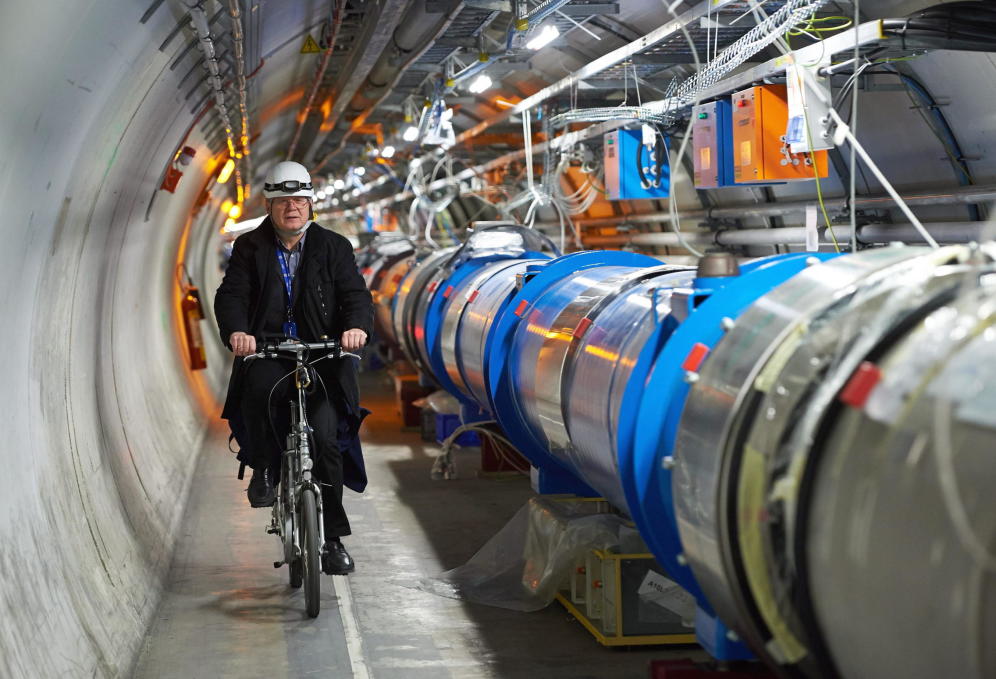
Materia oscura, supersimetría… Esto es lo que buscará el ‘nuevo’ acelerador LHC
El Gran Acelerador de Hadrones del CERN volvió a ponerse en marcha el pasado domingo. Sus hallazgos podrían superar al mismísimo bosón de Higgs y abrir una nueva página para […]
-
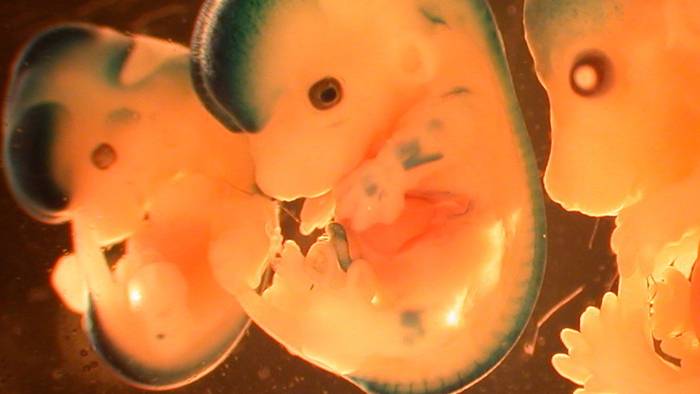
Sortzetiko bihotz-gaixotasuna izateko arriskua amaren adinari lotuta dago, baina ez obuluarenari
Saguetan egindako ikerketa baten arabera, ariketa fisikoak arriskua txikitzen du
-
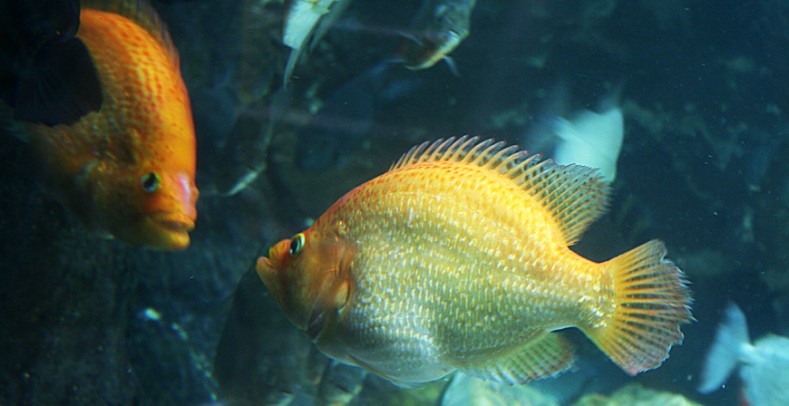
Las puertas del tiempo existen y están bajo tu ciudad
No son como los pasillos subterráneos del Ministerio del Tiempo pero permiten viajar a través de los siglos para conocer qué hacían y qué pensaban en otras épocas. Decenas de […]
